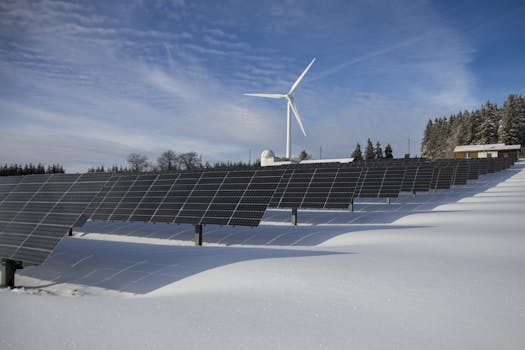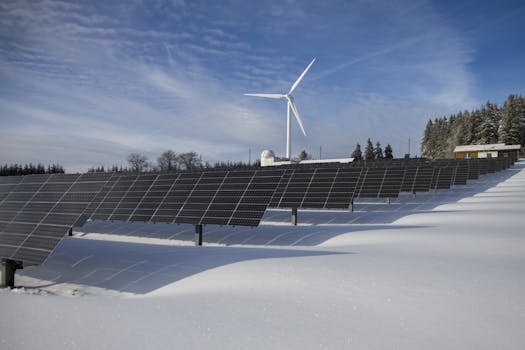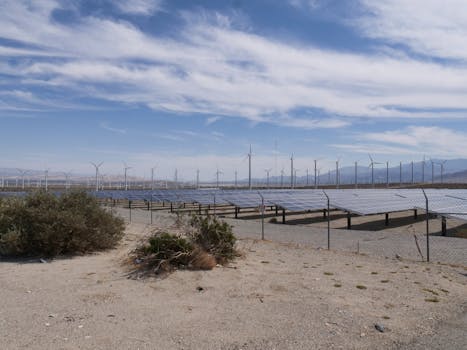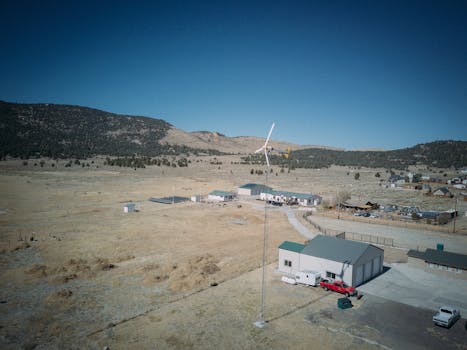
The Critical Role of Mechanics in Advancing Renewable Energy Technologies
Takeaways: Mechanics underpins the design and operation of renewable energy technologies. Understanding the mechanical principles involved in systems like wind turbines, solar panels, and hydroelectric power can enhance efficiency and sustainability. This article highlights the importance of mechanics in these technologies and its impact on the future of renewable energy.
In the quest for sustainable energy solutions, renewable energy technologies have emerged as crucial players in reducing our reliance on fossil fuels. Mechanic principles are foundational to these technologies, influencing everything from design and efficiency to safety and maintenance. In this article, we will delve into the role of mechanics in various renewable energy systems and explore how mechanical engineering drives innovation in this sector.
Understanding Mechanics in Renewable Energy Technologies

Similarly, in solar energy systems, mechanics is involved in the structural integrity of solar panels and their mounting systems. Proper mechanical design ensures that panels can withstand environmental stresses such as wind, snow, and temperature changes, thereby maintaining their efficiency and longevity.
Mechanics in Wind Energy

Moreover, the gearbox and generator within a wind turbine are crucial mechanical components that convert the rotational energy from the blades into electrical energy. Understanding the mechanics of these components helps engineers design systems that minimize energy losses and enhance overall efficiency. Additionally, maintenance schedules based on mechanical wear and tear are essential to ensure that wind turbines operate optimally over their lifespans.
Mechanics in Solar Energy Technologies

Tracking systems, which adjust the angle of solar panels to follow the sun’s path, rely heavily on mechanical engineering. These systems must be designed to withstand environmental forces while maximizing solar energy capture. Mechanics also plays a role in thermal management systems that prevent overheating and ensure optimal performance of solar panels.
Mechanics in Hydroelectric Energy

Mechanical engineers must consider factors such as fluid dynamics and material strength when designing these systems. Innovations in turbine design, such as the development of more efficient blade shapes and materials, are examples of how mechanics can enhance the performance of hydroelectric power systems.
Conclusion




